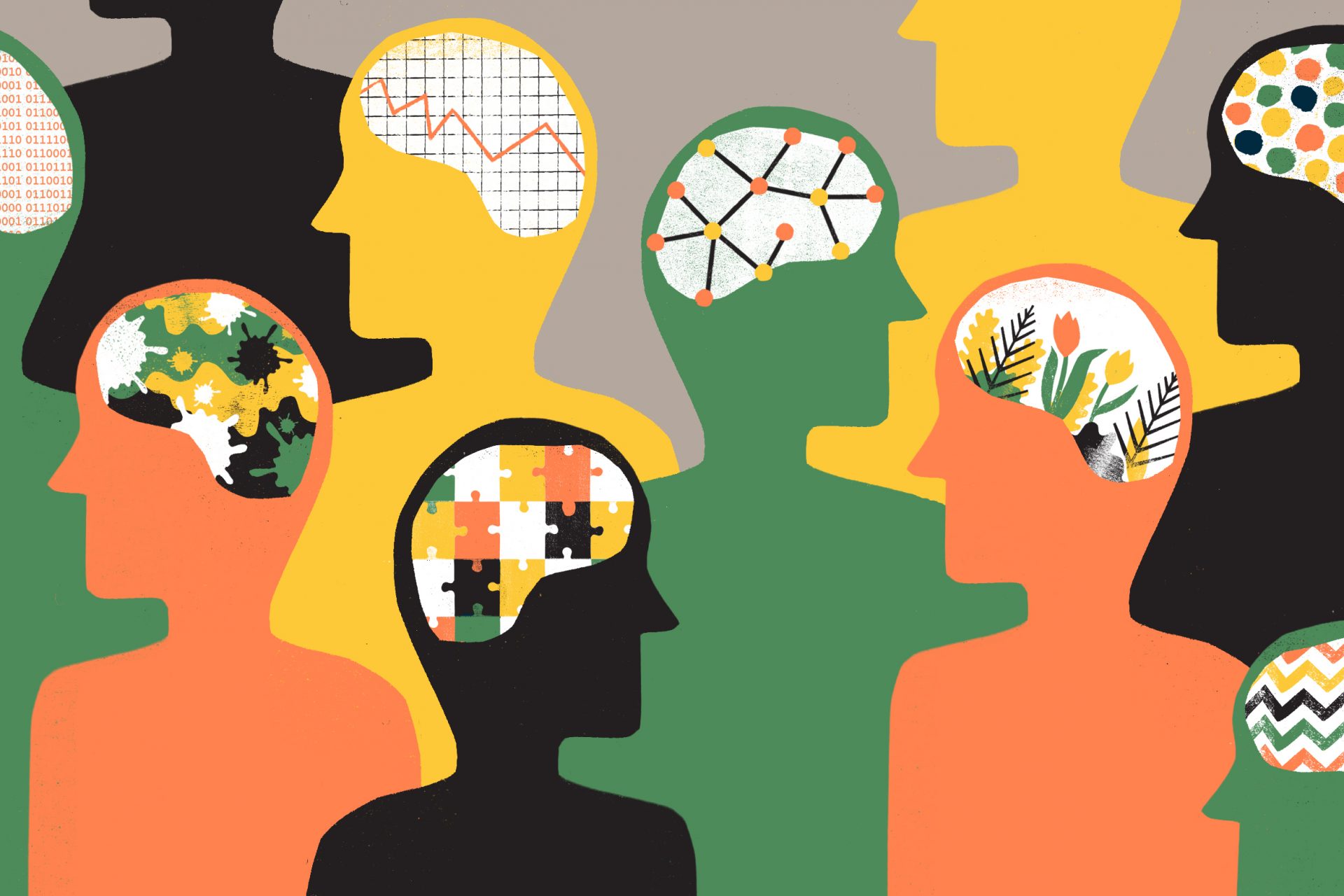A universal logic?
Everyone talks about common sense as a universal logic, judging whoever we think doesn’t have it. But the reality is common sense is not so common, something French philosopher Voltaire said in his time.
What is common sense? Does it exist?
That begs the question: if common sense is not obvious or common, then why is it called common sense? Or more precisely, what do we define as common sense? Is there even such a thing?
We wrongly believe everyone comes to the same conclusions
The problem, according to psychologist Jennifer Gerlach, is that a lot of what we call 'common sense' is not reasoning at all, but the conclusion that we believe the majority of people would come to in any given situation.
A lot of factors create our own definition of ‘common sense’
But of course, that conclusion varies from person to person given culture, social norms, expectations, personal values, and so on, writes Gerlach for Psychology Today.
Common sense is not what we use to solve complex social situations
Similarly, social scientist Duncan J. Watts says in a TED talk that the problem is how we define common sense and how we expect to use it for complex social situations, when it shouldn’t be used as such.
Common sense is used to navigate concrete everyday situations
Watts defines common sense as “the kind of intelligence we rely on to navigate concrete, everyday situations, such as how to dress appropriately: beachwear for the beach and a suit for work. We don't think about these rules every morning, because it's just common sense, he says.
Trying to use common sense to explain social sciences is a mistake
The problem, according to the social scientist, is when we try to use common sense to reason about situations that are not concrete, everyday situations, such as economics, history, politics or other social sciences.
What we call common sense varies widely depending on peoples’ backgrounds
“There are many social situations that involve many people, hundred, thousands, who are very different from each other and interact with each other in widely varying contexts, over extended periods of time,” Watts says.
Societal rules are not obvious for neurodivergent people
Moreover, there are people for whom even “unspoken rules of everyday situations” are not really all that clear. Psychologist Jennifer Gerlach argues that neurodivergent people have to learn all types of societal norms.
Neurodivergent people can have different needs
Neurodivergent people might not make eye contact while speaking to someone or sit still while in a lecture like neurotypical people would, exemplifies Gerlach. But that does not mean they don’t have reasoning.
Photo: Alireza Atari/Unsplash
What makes sense for some might not make sense for others
A lot of neurodivergent people can actually focus better when not making eye contact or while moving rather than sitting still, says the psychologist. For them, this makes sense, even if it doesn’t for other people.
Using the term ‘common sense’ as we do could be dangerous
Using the term ‘common sense’ as societies and politicians around the world do, without having a clear, common meaning, can even be dangerous, says British philosopher Peter West.
‘Common sense’ during covid
Take for instance, covid times, West says, when then prime minister Boris Johnson told people to “use common sense to avoid getting covid”. At that point, knowing the meaning of common sense was “quite literally a matter of life and death,” writes West.
Social dilemmas
The pandemic presented people with lots of different dilemmas. Some had elderly parents living alone that depended on their children that could not go visit them. Others had fears about an untested vaccine and maybe had a condition that put them at risk of getting the vaccine but also of getting covid.
We all have an equal claim of knowing what ‘common sense’ is
Everybody had their own explanation of what made sense in their particular situation. And you can’t really correct someone about their definition of ‘common sense’, since “we all have an equal claim of knowing what it is, or so the argument goes”, the philosopher writes.
Most philosophers oppose the term of common sense
And so, most of phisolophy, says West, opposes common sense. While not all philosophers do, many dismiss it as something irrelevant to inquire in and others deny its existence altogether.
Can we really call it ‘common sense’?
It seems like we all love to accuse each other of lacking common sense, but if only a select few have common sense, or if it’s something that we have to learn, can we really call it common sense? It seems that a lot of the times we might actually be referring to critical thinking rather than a universal reasoning.
Never miss a story! Click here to follow The Daily Digest.






























